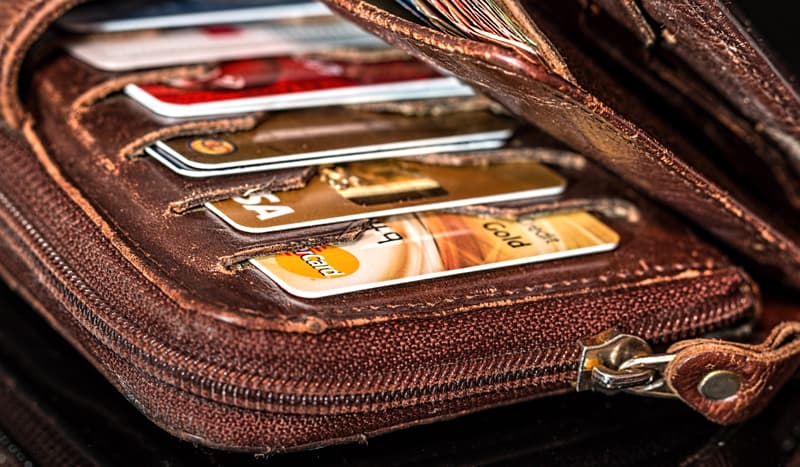Prepaid Cards Versus Travellers Cheques

It's the perennial issue, whether to max up your cash or keep it on a card for safety! So what's the better option? We examine the benefits of a prepaid card over traditional travellers cheques or just cash. There are benefits for all options mind.
We are constantly being advised as to which method is the best to use regarding our money on holiday. Despite the risks there are many who insist on wandering around foreign climes with their pockets, wallets or bum bags stuffed with currency. Traveller’s cheques have long been popular alternatives to hard cash, and now a new method is gaining in both credence and popularity, prepaid cards.
What Are Prepaid Cards?
Prepaid cards are self explanatory, they work in the same way as a credit card but you load money onto them so you can only spend what is there, as with a debit card. As well as being a lot safer to use abroad, they are also a great way to effectively manage your budget as you can't go over the top like can so easily be done with ordinary credit cards. You can also withdraw cash from ATM's on holiday if you want some currency in your pocket.
Vs Travellers Cheques
For many years travellers cheques were seen as being the safest way to deal with currency abroad. Issued by American Express and available from post offices, travel agents etc all you do is buy the cheque/s, and take note of the cheque numbers. When you get abroad simply take them to the bureau de change with ID, sign them and they will be changed into cash, or buy goods with them in shops but you must have your ID too.
Another benefit is that if they are lost or stolen they will be replaced within 24 hours, practically anywhere in the world. They aren't perfect however, and one of the main problems is that a lot of places are now refusing travellers cheques, preferring cash and credit cards.
The Advantages Of Prepaid Cards
The advantages of prepaid cards are numerous; the big one is that they are issued by VISA, so anywhere displaying the VISA sign will happily take them. They are seen as the electronic alternative to travellers cheques and are widely available from high street banks, the post office and many travel agents have their own. They aren't linked to a bank account either so if you do lose it there is no chance of your account being drained.
There are few downsides however, commission is charged at varying percentages, you need to ensure you can get your hands on other cash if it is lost or stolen and you have to top up in the UK before you travel.
In Summary
There are pros and cons with both these methods and which one you choose is very much a matter of personal preference.
You Might Like
Compare Credit Cards Vs Store Cards
Get the facts and look at comparing credit cards vs store cards as your preferred way to pay at the till. Simple information as a way to get the best deals based on your circumstancesBest Business Credit Cards
Make sure you know how to find business credit cards, to ensure low fees and lots of benefits when you need credit for trips or business meetings.Factoring to Help Cash Flow
Factoring could help with your business cash flow, find out how in our guide.The Advantages Of Cash Advanced Loans
There's a range of advantages for using cash advanced payday loans to tide you over for an emergency. Check out our quick guide for more information.Foreign Currency For Holidays
Find out more about foreign currency exchange with our simple information & rates guide. From the Euro to the Greenback, we have all the right sites for you
Useful Websites
- Top Cashback
Highest paying UK Cashback site, save money on Everything from Insurance to Online Shopping to Electric and gas, Mobiles and TV Broadband Deals, Sign up FREE Today. - Travelex Foreign Exchange
Choose Travelex to get your Euros, Dollars and Rubles. Travel money and exchange rates for a wide range of destinations. - Greasy Palm
Offering cash rebates against hundreds of leading online retailers you get discounts, offers and more on leading brands. - Rail Easy
Get cheap rail tickets and fares online. You can buy UK train tickets, InterRail, Split Fares, and split tickets and save big money. Ticketing made simple. - Parcel Compare
Delivering your parcels for less right across the UK and into Europe and Worldwide. From small packages to large crates, using DHL, UPS, ParcelForce and DPD for starters. Save money now. - Hilton Hotels
With some of the world's leading hotels and resorts you can go abroad and stay in Hilton hotels worldwide. With 5 star spas and golf resorts also available, get value for money. - Add Your Website Here